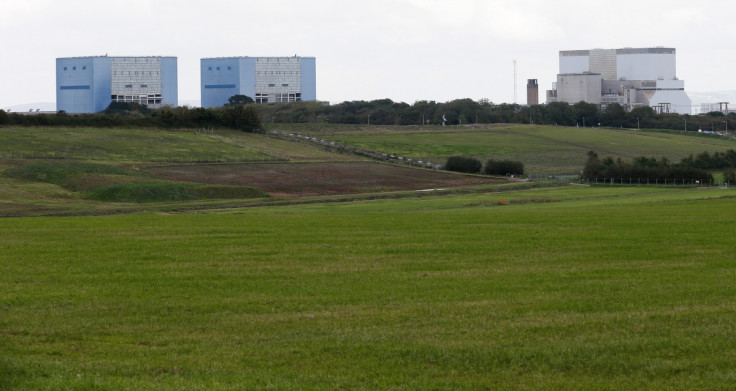EDF set to make final investment decision on Hinkley Point project
French utility firm expected to sign off on £18bn project in Paris on 28 July.

French utility firm EDF is set to make its long-delayed final investment decision on the UK's first nuclear reactor complex in three decades when its board members meet in Paris on 28 July.
The company, which is 85% owned by the French government, is expected to approve the £18bn (€21.5bn; $24bn) project to build two 1,600-megawatt Areva-designed European Pressurised Reactors at Hinkley Point in Somerset.
British unions have welcomed the ambitious project with open arms, as it is expected to create up to 25,000 jobs.
EDF will finance two-thirds of the project, with China General Nuclear Power Corporation contributing the rest.
On 26 July, the utility firm's shareholders signed off on plans to raise €4bn through a share sale to pay for the project, with the French government buying €3bn of the fresh equity.
Much-delayed project
The Hinkley Point project has faced repeated delays amid French concerns over its cost.
Trade union members hold six seats on EDF's 18-member board, and their objections that Hinkley Point could threaten the company's balance sheet have repeatedly delayed a final decision on the project.
The project is scheduled for completion in 2025. The reactors are among the biggest in the world and will provide up to 7% of Britain's electricity needs when they become operational.

"We urge the EDF board to give the financial go-ahead on a project which will generate thousands of decent skilled jobs and help meet the energy needs of the UK for generations to come," the Unite union's energy officer Kevin Coyne said in a statement.
"The cost of not doing so could result in the lights going out in Britain and the West Country missing out on the much needed economic boost which this major infrastructure project would bring."
The government says the Hinkley Point project will create 25,000 jobs and slash Britain's carbon emissions, but opponents have objected to it on economic and safety grounds.
Critics have also been angered by the government guaranteeing a price of £92.50 per megawatt hour of electricity generated from the reactors – more than double the current cost.
They fear the move could lead to higher household bills and distort future investment in energy generation.
© Copyright IBTimes 2024. All rights reserved.






